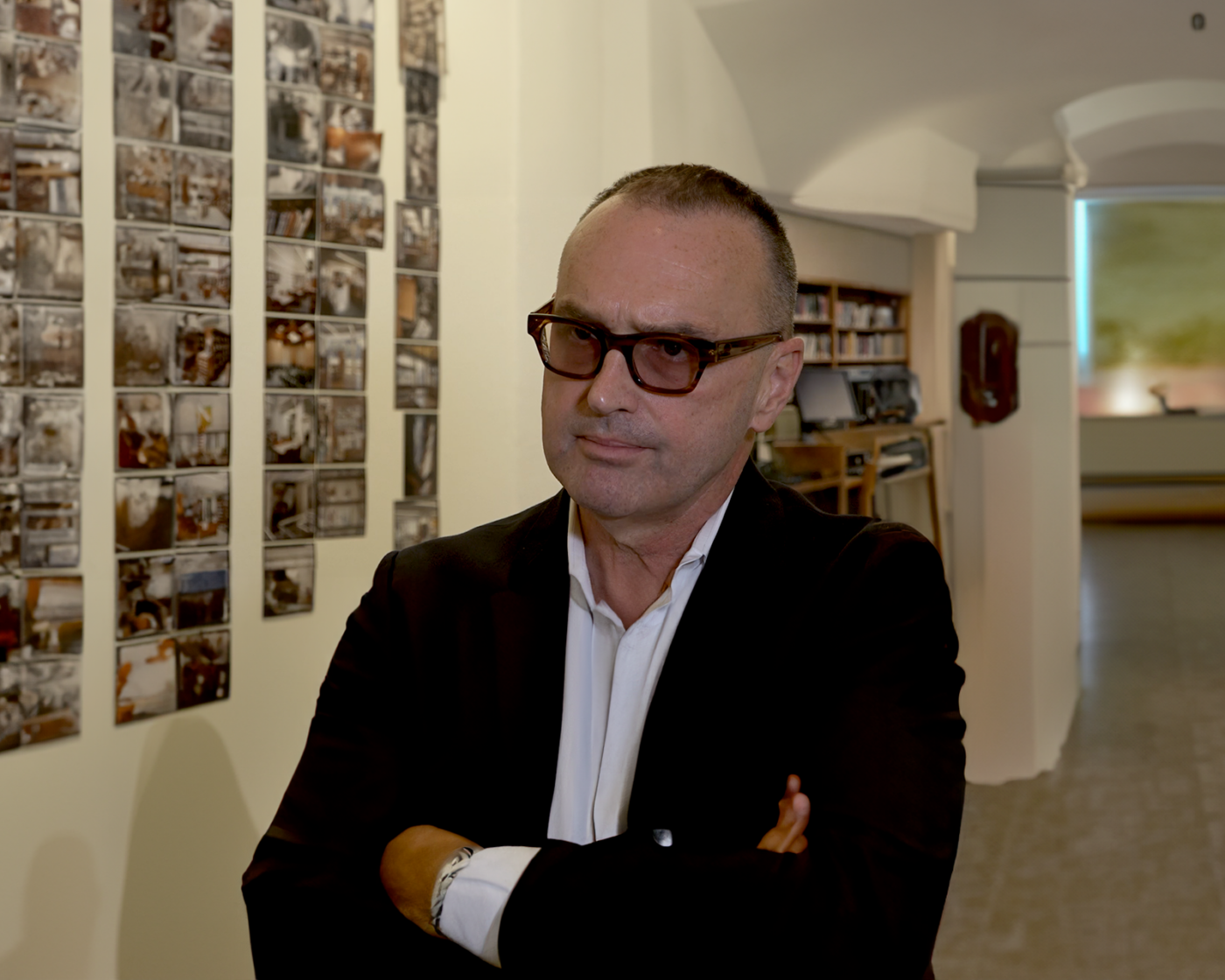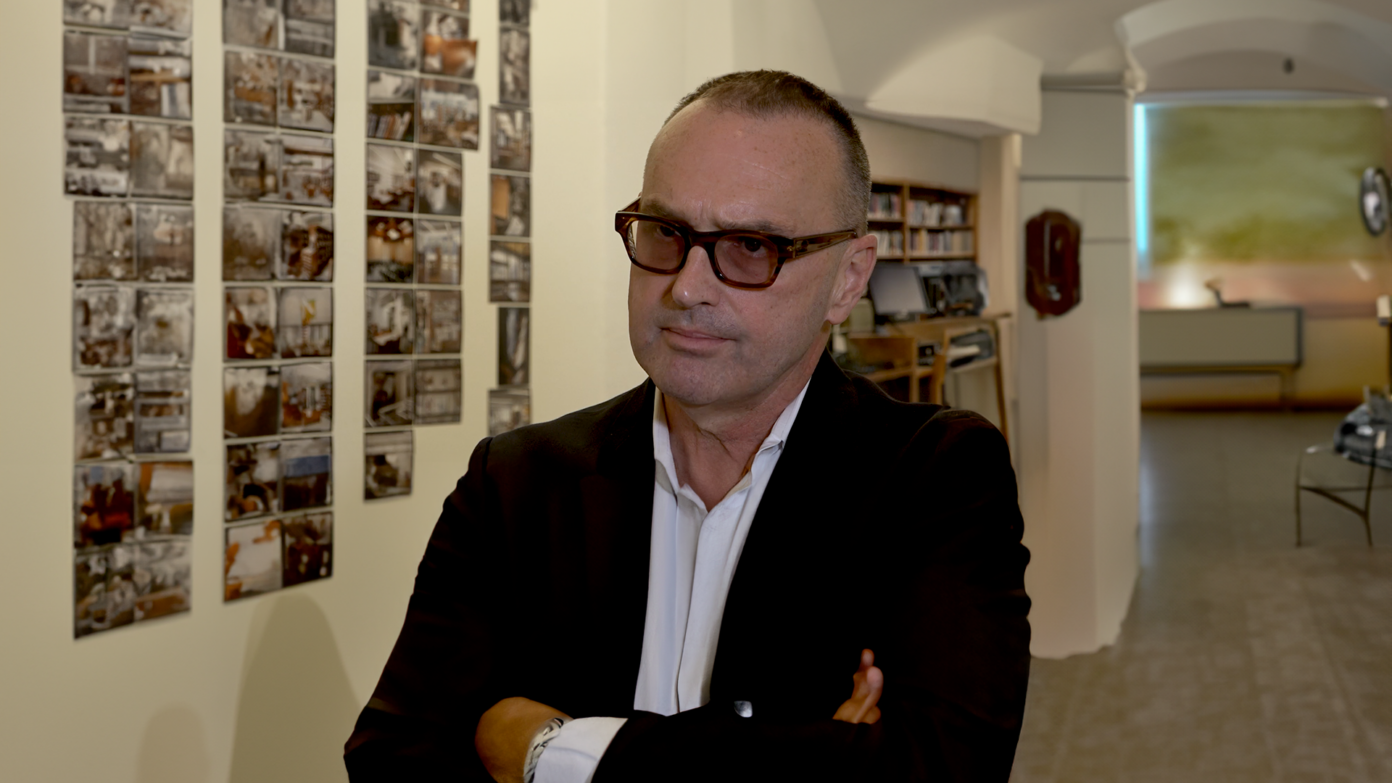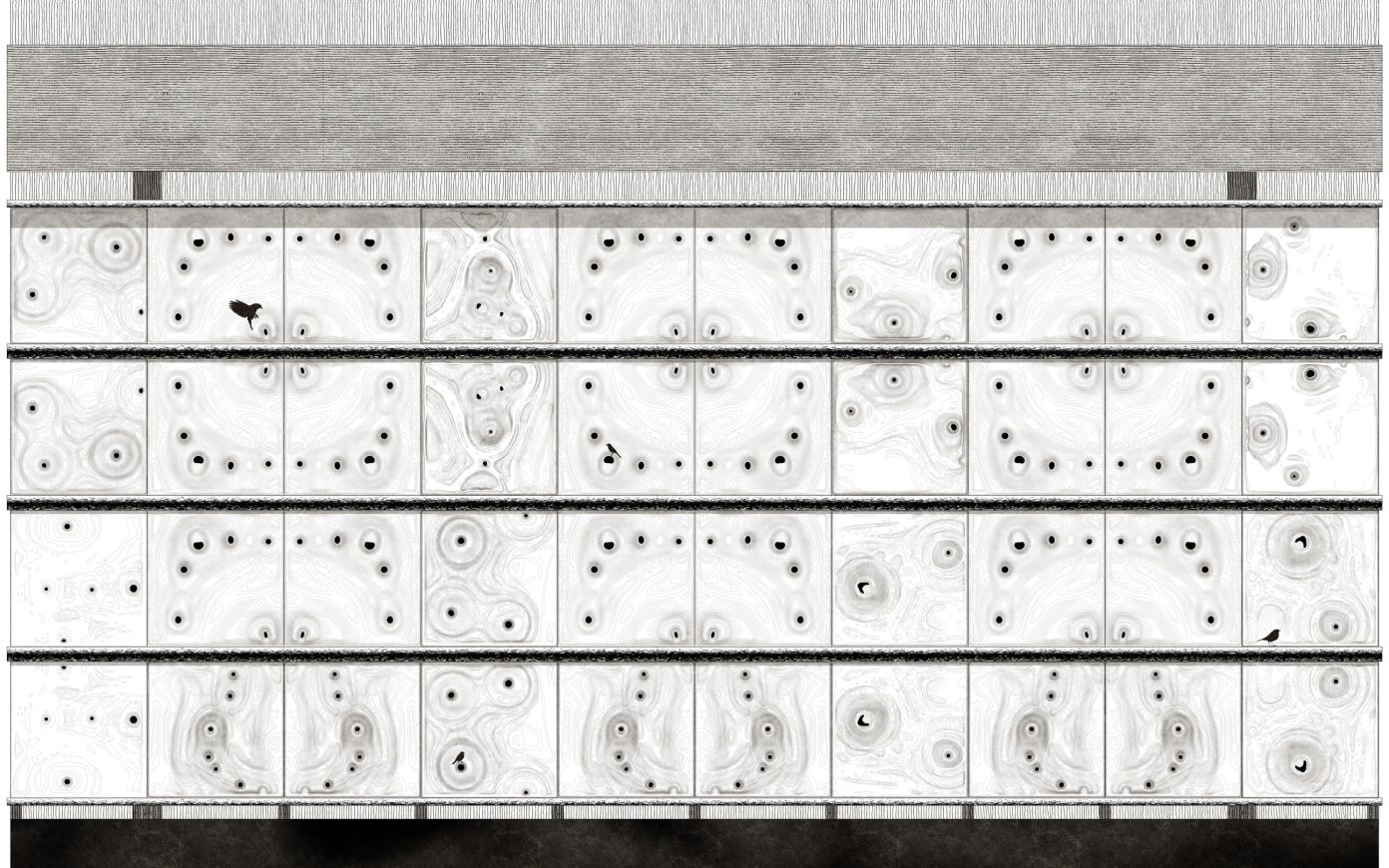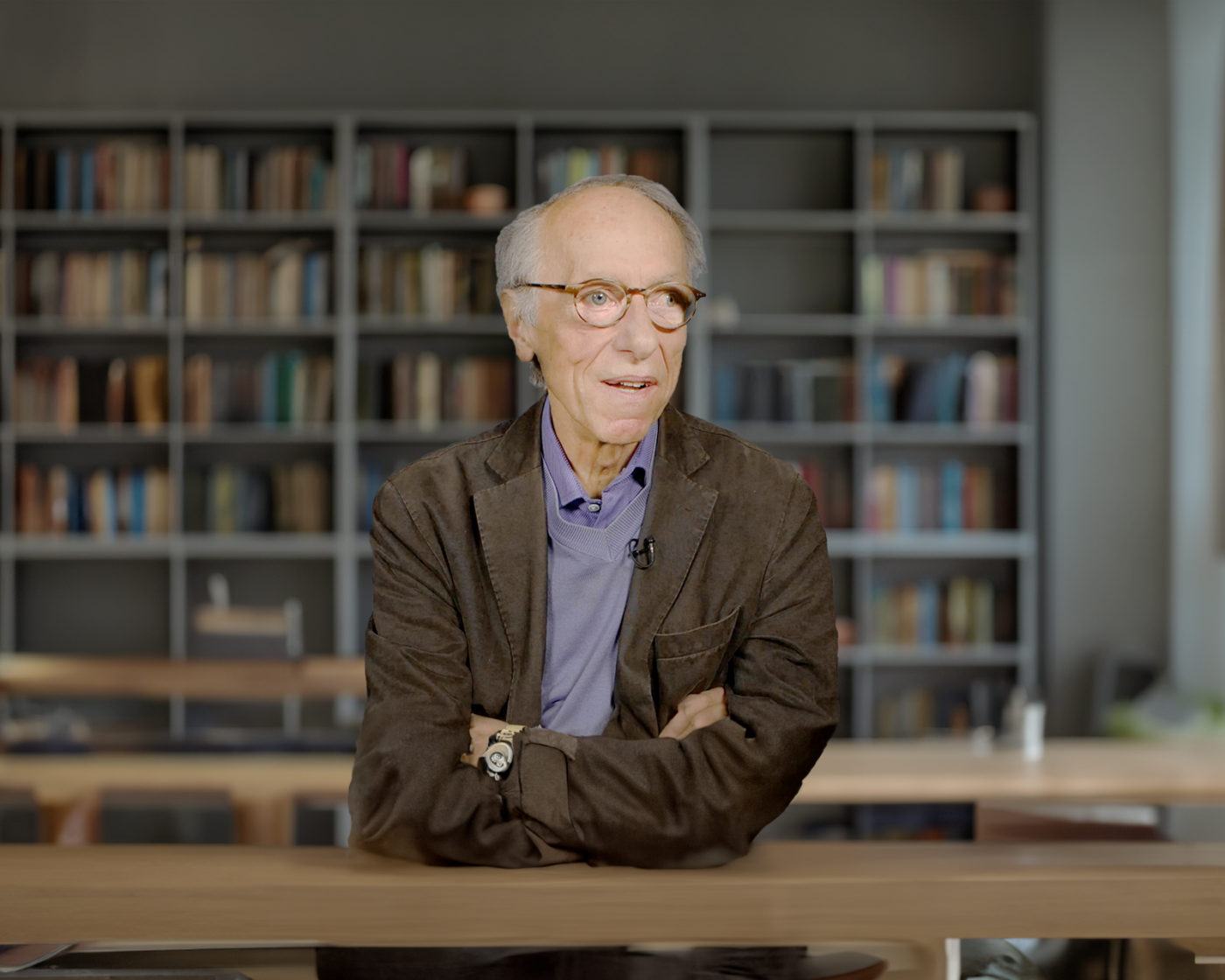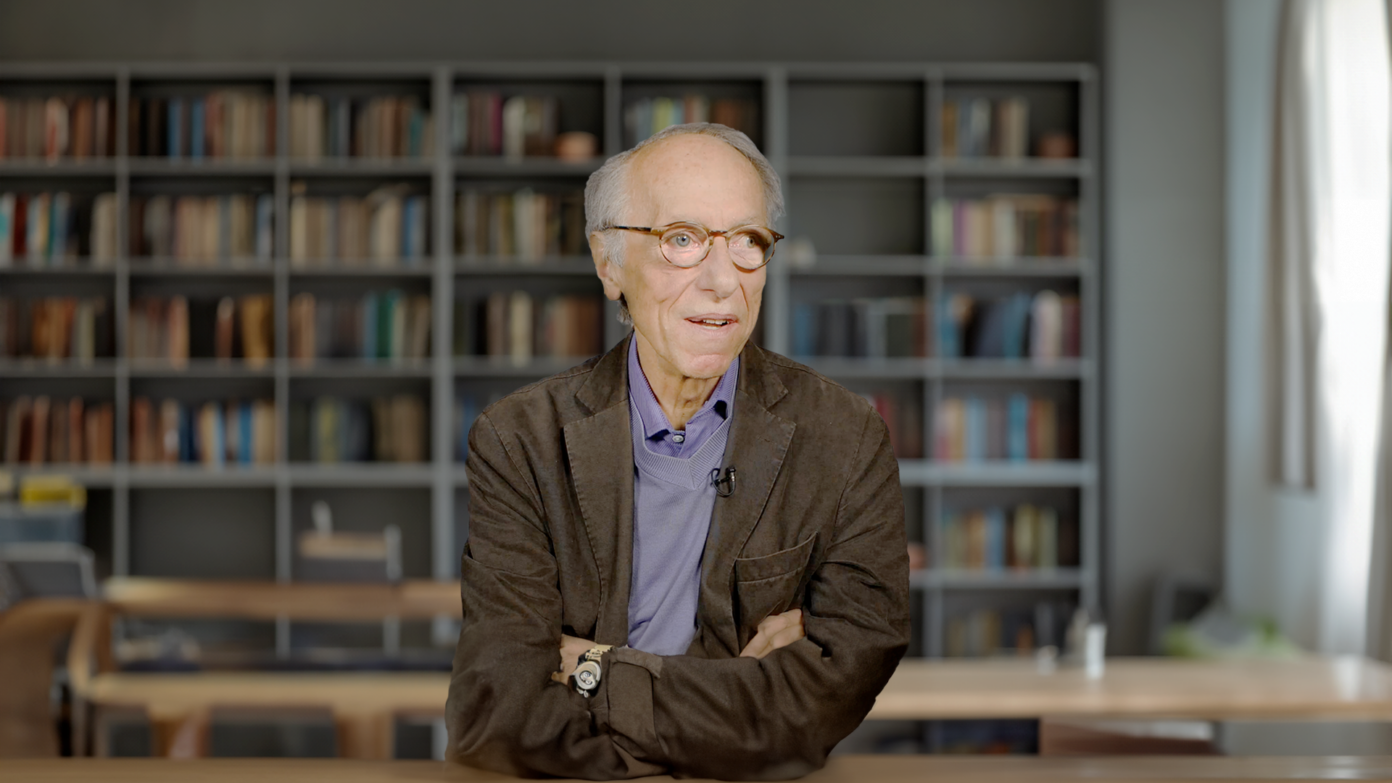Building the city of the Anthropocene era requires taking global environmental issues into account, while also considering all living beings in the actual construction of the buildings. Criticizing the anthropocentrism of architects, Ariane Lourie-Harisson has developed the concept of a “post-human” architect, intended for different species. She advocates an exploration of the possibilities of building according to a wider vision of forms of life that are concerned by the building, redefining the relationships of man with animals and the non-human in general. Thus, an interactive form of architecture is born, in particular with regard to facades, that can — with the help of textured concrete for example — host pollinators or provide nesting spaces in their rugged surfaces. This presupposes a better understanding of the living and of being open to different environmental theories, in such a way as to favor the creation of urban relays for biodiversity, in particular on roofs.
Ariane Lourie Harrison is an architect and professor at Yale School of Architecture


